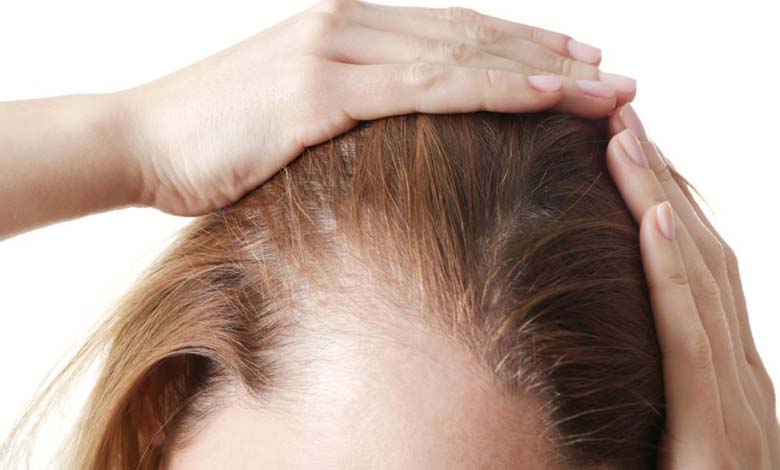Surprising Discovery for Treating Hair Loss and Genetic Baldness

A recent study has confirmed that genetic baldness in men and women can be treated using deoxyribose sugar gel, a naturally occurring sugar in the body that helps form DNA.
According to “Science Alert,” genetic baldness is the most common cause of hair loss in men and women worldwide.
While studying how these sugars help heal wounds in mice when applied topically, it was found that fur around the lesion areas grew back faster compared to untreated mice.
In a study published in June, researchers selected male mice experiencing hair loss due to testosterone and removed the fur from their backs.
The researchers applied a small dose of deoxyribose sugar gel daily to the bare skin. Within weeks, fur in this area showed “significant” growth, producing long and thick individual hairs. The deoxyribose gel proved highly effective, showing comparable efficacy to minoxidil, a topical hair loss treatment known by the brand name Rogaine.
“Sheila MacNeil, a tissue engineer at the University of Sheffield, stated: “Our research suggests that the answer to hair loss could be as simple as using natural deoxyribose sugar to enhance blood flow to hair follicles and encourage hair growth.”
Genetic baldness, or androgenetic alopecia, is a natural condition caused by genetics, hormones, and aging. It manifests differently in males and females.
The condition affects up to 40% of the global population. However, to date, the FDA (Food and Drug Administration) has only approved two drugs for treating this condition: minoxidil and finasteride.
-
The Essential Role of Zinc in Protecting Hair and Skin Health
-
The Impact of Diet and Lifestyle on Premature Graying: How Sugar, Processed Foods, and Smoking Can Affect Hair Pigmentation
Scientists tested minoxidil on bald mouse models. Some mice were given a dose of gel containing deoxyribose sugar and minoxidil for further comparison.
Compared to mice that received a gel without active ingredients, those treated with a gel containing deoxyribose sugar began growing new hair follicles.
Both minoxidil and sugar gel stimulated 80–90% hair growth in mice suffering from genetic baldness. However, combining treatments did not show a significant difference.
-
The Link Between Stress and Premature Graying
-
Incontinentia Pigmenti – symptoms, diagnosis, treatment of this genetic disease
Researchers have not yet proven why deoxyribose gel stimulates longer and thicker hair growth in mice. However, around the treated areas, the team observed an increase in blood vessels and skin cells.
If the effectiveness of deoxyribose gel is confirmed in humans, it could be used to treat alopecia or even stimulate hair, eyelash, and eyebrow growth after chemotherapy. Methods to achieve this are still under study.
It’s worth noting that these experiments have only been conducted on mice. Further research might reveal that using these natural sugars could also work for female mice with testosterone-induced alopecia.
-
Understanding the Connection Between Nutrients and Premature Graying
-
Why do older adults lose muscle mass?
-
“Sun Vitamin”: How to Get Enough Without Harming Your Body?
-
Your Eyebrow Shape Reveals 5 Health Indicators












